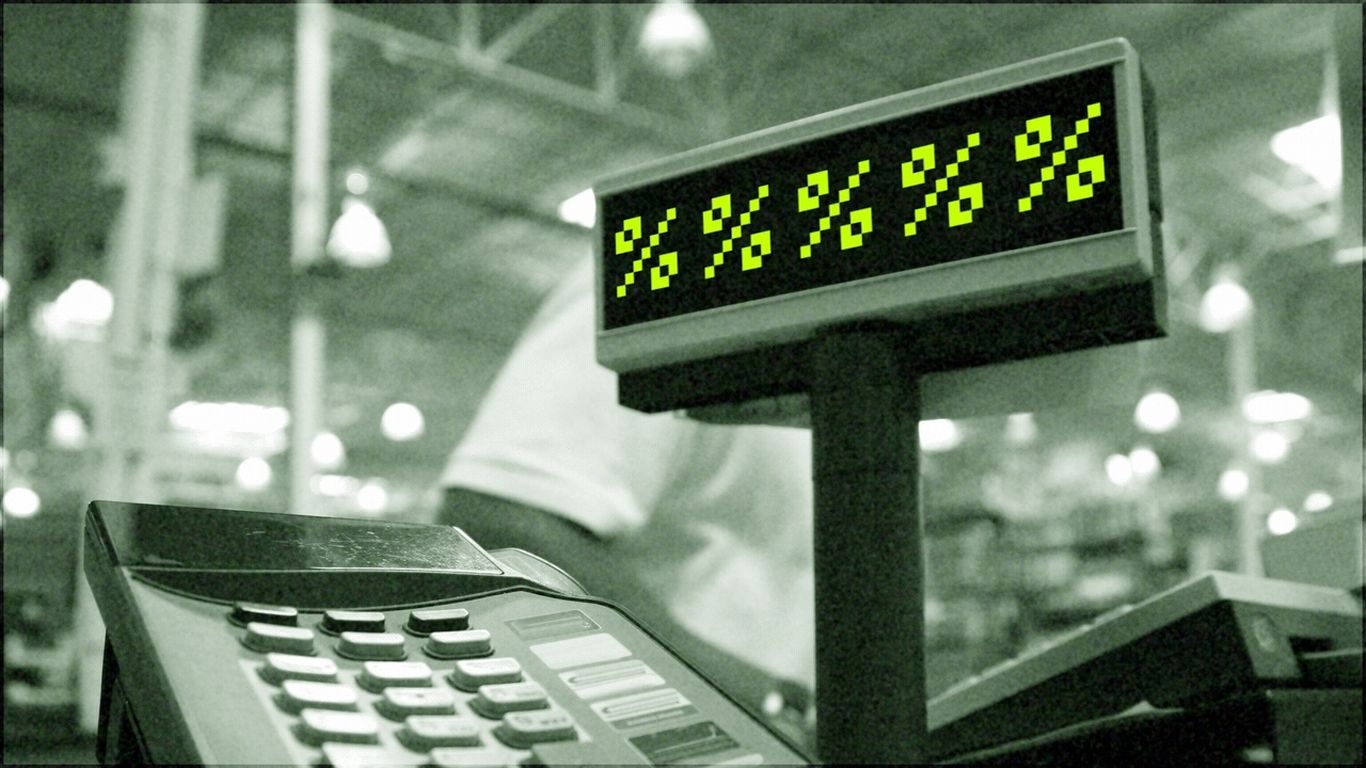
"Inflation rates don't matter, price levels do - and you can't easily convince people your policies are working when they're paying 15% more for a hamburger or 20% more for a cup of coffee. The president may say he doesn't want to "hear about the affordability," but his economic team has been all over the airwaves in recent days assuring Americans that high prices are a Biden legacy that will come down by next year."
"Driving the news: The administration said Thursday it would lift tariffs on coffee and other products from Argentina, Ecuador, El Salvador and Guatemala under new trade deals, a day after Treasury Secretary Scott Bessent promised action on key grocery items not grown in the U.S. The White House had said in early September that such relief might eventually be possible, on a country-by-country basis and depending on what deals could be struck."
"Between the lines: Coffee prices in particular were already going to soar this year given the weak crops in Brazil, the world's largest producer. Then the administration slapped huge tariffs on Brazil and Colombia, which account for more than half of U.S. imports by weight. In the last Consumer Price Index, the price of coffee rose more, year over year, than any other good or service tracked by the government."
High price levels, rather than measured inflation rates, are shaping consumer perceptions of economic performance. The administration announced tariff lifts on coffee and other goods from Argentina, Ecuador, El Salvador and Guatemala to ease grocery costs. Coffee prices were already set to climb due to weak Brazilian crops, while earlier tariffs on Brazil and Colombia exacerbated supply pressures. Recent Consumer Price Index data showed coffee had the largest year-over-year price increase among tracked items. A senior official said structural market problems limit solutions, though tariff relief could help if wholesalers and retailers pass savings to consumers. Experts warn climate risks will keep prices elevated.
Read at Axios
Unable to calculate read time
Collection
[
|
...
]